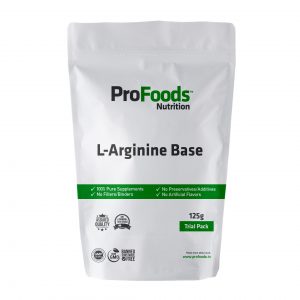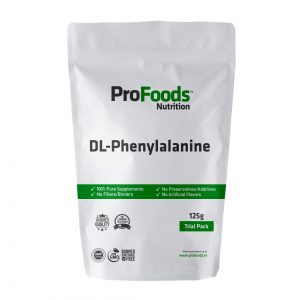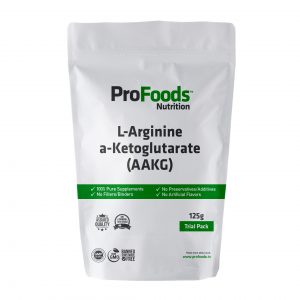Description
Glutamine is the most abundant of the 20 amino acids found in proteins. It is converted to glucose when the body requires more energy. This conversion can provide fuel for athletes. Glutamine also aids in maintaining the proper acid/alkaline balance in the body and is important for the synthesis of RNA and DNA. Glutamine is involved in more metabolic processes than any other amino acid. It is the main fuel utilized by both the digestive and immune systems and is the primary conductor of nitrogen to the muscles. Blood levels of L-glutamine will fall significantly after strenuous exercise and will stay low until complete recovery. Supplementation with L-glutamine may reduce the recovery time following demanding workouts by replacing what is lost in catabolic processes.
Health Benefits of Glutamine is essential for several bodily functions. It assists with blood sugar control, plays a major role in synthesizing muscle protein and cell volumizing, provides energy and helps to regulate reproduction of the cells lining the intestinal tract. During periods of intense sports training, reduced glutamine levels can take place. Glutamine is converted to glutamic acid in the brain which in turn is used to synthesize GABA (gamma-aminobutyric acid), an amino acid that acts as a neurotransmitter for mental activity.






